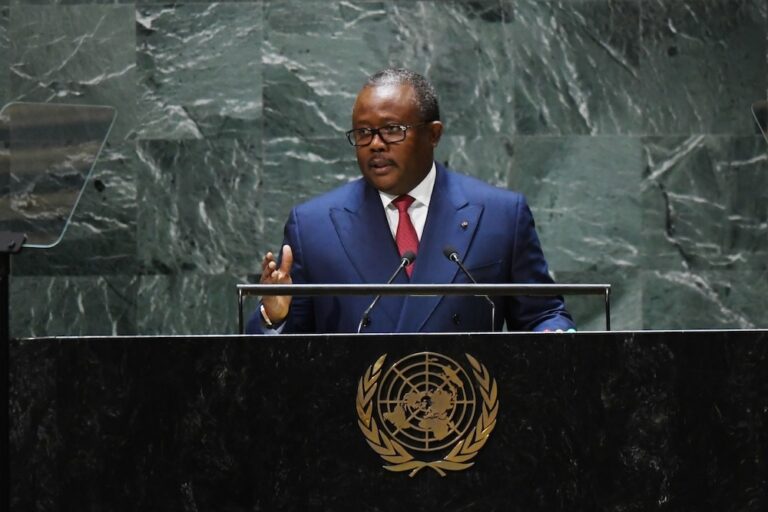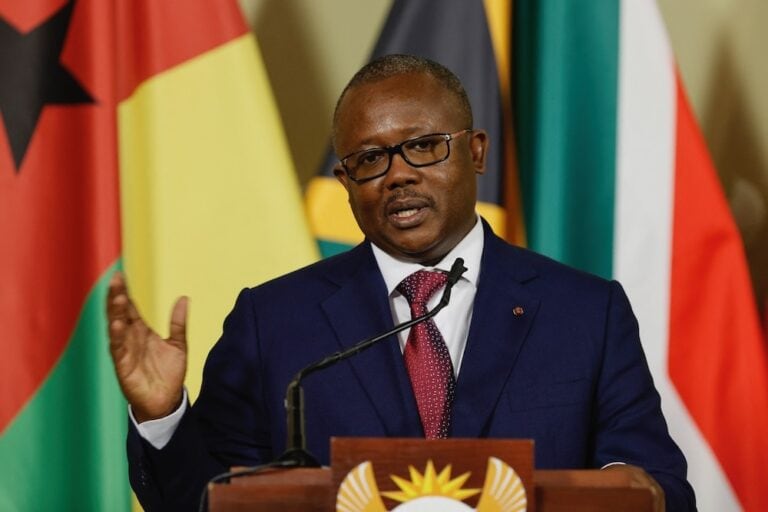(IFJ/IFEX) – The following is a 19 August 2007 IFJ media release: IFJ Calls for Concrete Actions for the Security of Journalists Covering Drug Trafficking in Guinea-Bissau The International Federation of Journalists (IFJ) today called on the government of Guinea-Bissau to take concrete and effective action to put an end to threats and intimidation of […]
(IFJ/IFEX) – The following is a 19 August 2007 IFJ media release:
IFJ Calls for Concrete Actions for the Security of Journalists Covering Drug Trafficking in Guinea-Bissau
The International Federation of Journalists (IFJ) today called on the government of Guinea-Bissau to take concrete and effective action to put an end to threats and intimidation of journalists reporting on drug trafficking in the country after threats have pushed one reporter into hiding and another has been harassed by the court system.
“We are calling on the government to protect journalists who report on drug trafficking in Guinea-Bissau and ensure that no officials are involved in attacking our colleagues,” said Gabriel Baglo, Director of the IFJ Africa office.
Between July 3 and August 14, Albert Dabo, a journalist working with Reuters and the private radio station Bombolom Fm was called into court three times following a complaint lodged against him by the chief of the national navy, Jose Américo Bubo Na Tchuto. In his complaint, Tchuto says Dabo falsely attributed to him the allegation that soldiers are implicated in the drug trafficking during an interview for British television in which Dabo acted as an interpreter for the naval chief. Tchuto says he did not make those allegations.
Dabo has also been receiving death threats since June. Because of the seriousness of these threats he was briefly in hiding.
Allen Yero Emballo, correspondent of Radio International France and of the news agency Agence France Presse fled Guinea-Bissau a month ago out of fear for his safety after his home was burglarised and he was threatened. His home was broken into on 24 June just after he returned from an assignment in the archipelago of Bijagos, south of the capital. Emballo went to the islands after packages suspected of holding drugs had dropped from airplanes and the journalist questioned local people.
The burglars took his professional equipment, his camera, tapes, two memory sticks, two mobile phones, a laptop and some money. Two days after, Emballo received threats by telephone telling him “pay attention, next time it’s your head that we will slice.”
The IFJ is calling on law enforcement to investigate the threats against both reporters and ensure that all media can report freely on drug trafficking without fear for their safety.
“The authorities must find out who is responsible for this intimidation against our colleagues and bring those people to justice,” said Baglo.
The IFJ represents over 600,000 journalists in 114 countries.


